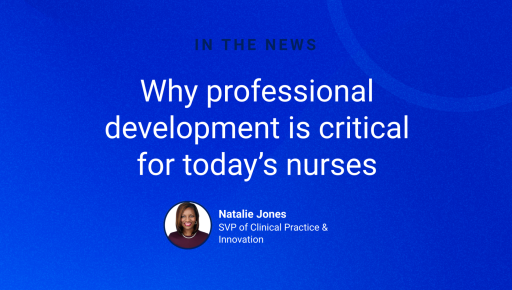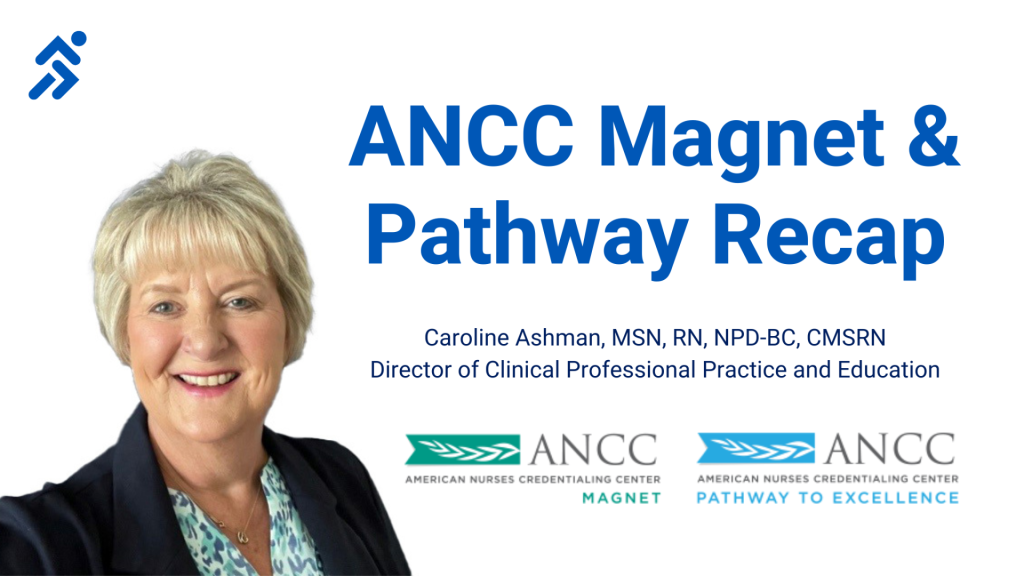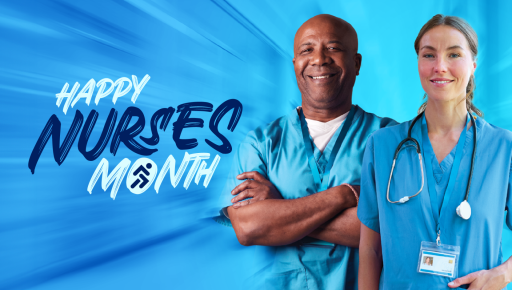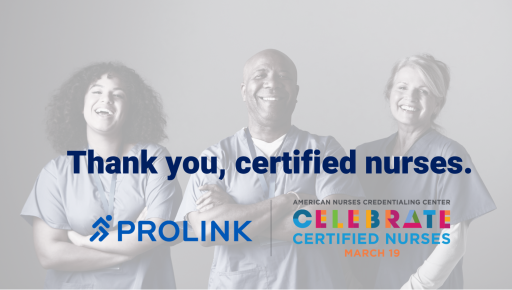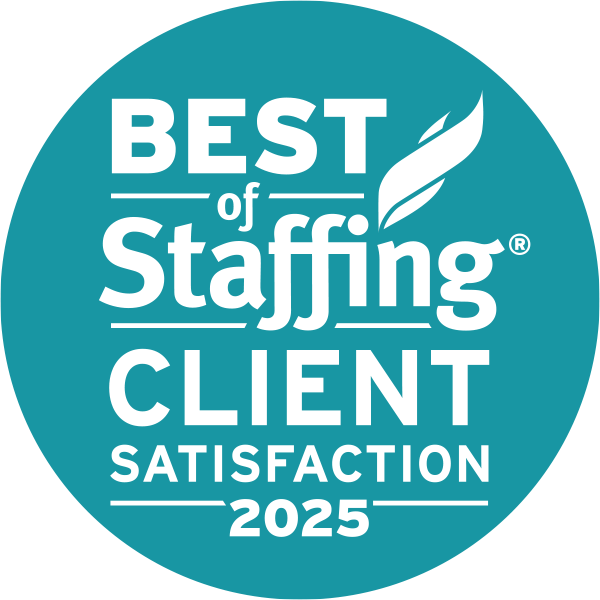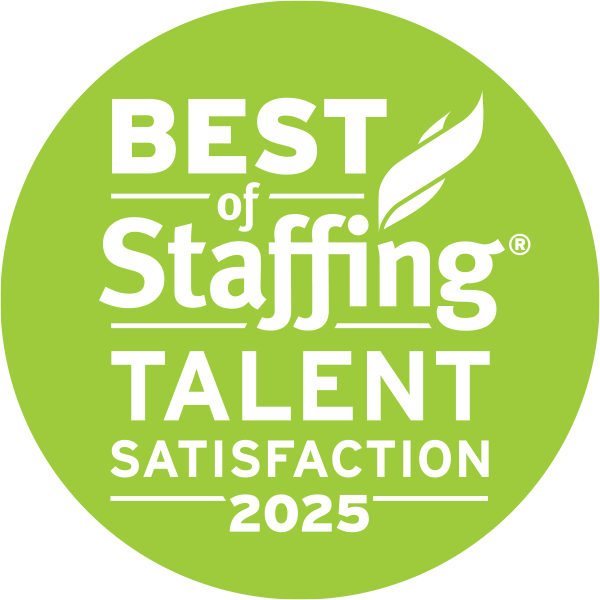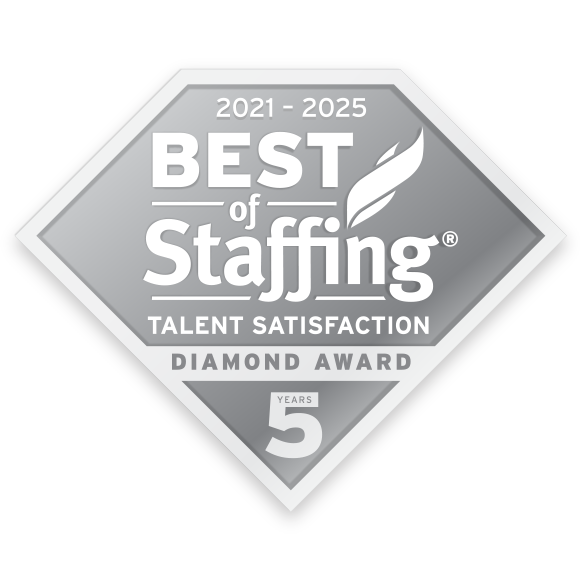Caroline Ashman, Director of Clinical Professional Practice and Education at Prolink, discussed her big takeaways from the ANCC National Magnet and Pathway to Excellence conferences that took place earlier this month in New Orleans. The conferences covered the leading edge of nursing practice, education, and technology.
Prolink: What did a typical day at the conference look like?
Caroline: The day started at eight o’clock, typically with a 90-minute keynote, and then everyone split up into different sessions. There were hundreds of sessions across the week, nine to five every day. On Friday, we finished up around 1:30. Mentally, it can be draining because you’re just taking so much in!
What was the most memorable session you attended?
One of the best sessions that I listened to was at the Pathway to Excellence conference: AI Applications in Healthcare by Mark Nelson. It was about artificial intelligence. I’ve only dabbled in it a little bit, but I think that it’s definitely here to stay. It’s something that’s to be used, but to be used correctly, obviously. It was very enlightening for me, from an education perspective. It can certainly help make my presentations more entertaining or even just a bit different from the usual stuff we talk about.
Mark isn’t clinical at all. But he asked for a topic, and someone mentioned arterial blood gasses. He didn’t know what those were, but when he put the prompt in, it gave him this beautiful presentation about ABGs. He said, “I could speak on this and sound very intelligent as long as no one asked me any questions.” For a new nurse, it could get someone into trouble, because it reads so well. You have to have an understanding of it.
For example, I put in a prompt about EKGs, which is something that new nurses always struggle with. It beautifully explained all the different components that a nurse needs to understand. So for new nurses, it could be extremely helpful. We’re going to see a lot more AI in the future, because it can make processes more efficient. But it needs to be accurate and truthful, as well. You need to remember that you’re still the human who needs to tell this machine what you want from it.
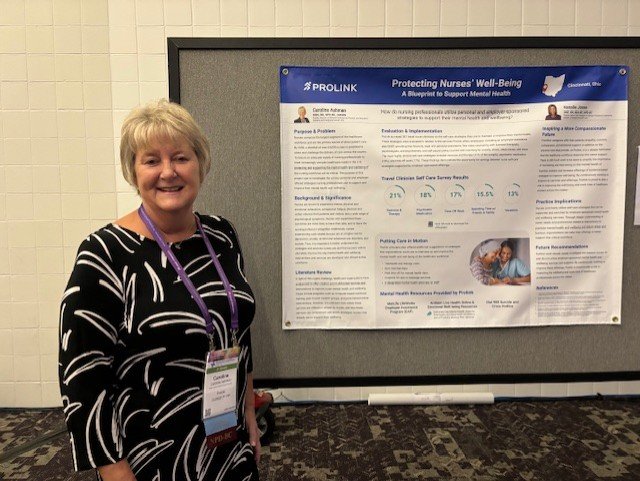
What were the most memorable conversations or interactions you had at the conferences?
My conversation with a collaborator of mine, Renee Thompson. She has a company called Healthy Workforce Institute. She talks to hospitals and leaders about workforce bullying and incivility. The more she talks to people, the more we realize that it’s a huge problem.
When our Clinical Team goes through tickets with Compliance, the amount of bullying and incivility that our nurses have to go through is just appalling. It really is. Renee told me the same thing. She said that nurses have to tolerate a hostile work environment because they just don’t know what to do about it. It’s kind of scary to think that we send our people out there with the best of intentions, and they have to put up with this abuse when they’re there to help.
The other topic that came up was the role of virtual nursing: nurses that sit on a video call and ask admission questions before an on-site nurse comes in and does a hands-on physical assessment. How’s that going to evolve over the years? Is that really what patients want? It definitely increases efficiency and cuts down the time it takes to do an admission, for sure.
Is the bullying issue something we’re keeping our eye on, as a way we can further support nurses?
We’ve done a lot of research and published a whitepaper on mental health, and now we can tie the connection to struggles with bullying and incivility in work environments. It would be great to expand on our work in that area. A lot of nurses are eager to share their stories in a very emotional, passionate way, because they know it’s not right. We need to figure out how we can break that cycle.
What, do you think, are the implications of virtual nursing for the future of the profession?
I think there’s definitely a place for it. I think it has to be someone who can, obviously, use a computer and speak to someone like it’s a face-to-face conversation. It can’t become automated or too scripted. There may be a group of nurses who are very interested in it if, say, they’re not physically able to do bedside nursing anymore but still want to keep up with day-to-day practice.
I don’t think it can or ever will replace real nurses. We’re not that good yet, even though we now have virtual consults where a doctor can do an assessment from anywhere in the world. But you’re never going to replace that hands-on nurse-to-patient care.
However, I do think we have to be open to it. When I started nursing, there was no Internet or cell phones that you could carry in your back pocket. Technology’s got to be embraced, and you have to stay on top of and know about things. Regardless of whether you think it’s good or bad, it’s coming.
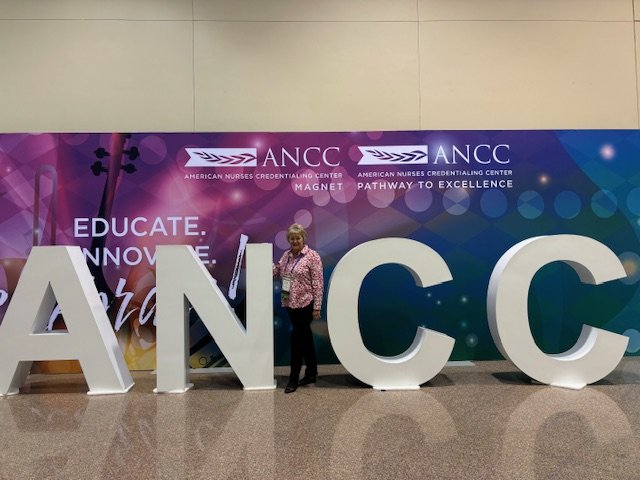
What was one thing you learned that really stuck out to you?
Even after all the years I’ve been in the profession, it’s still the greatest profession in the world. 14,000 people from across the country and around the world can’t be wrong. There were some very high-level, very educated, very experienced people, and there were also bedside nurses. No matter what happens in nursing, there’s always going to be a need for that bedside nurse. It reaffirmed my faith in the profession. Everyone’s now emerging from Covid, and getting back on track.
What do you hope people took away from your conversations about Prolink?
That we provide the best benefits package for nurses out there and that we genuinely care about our talent. We’ll do anything possible to keep them on assignment: if we just get the opportunity to speak to them before they make the decision to leave, or quit, or write that frustrated email, we can talk them through it before they make a rash decision.
Just because you’re a traveler doesn’t mean you don’t deserve contact with a company once you’re hired. In fact, you need more contact because of all the frustrations that you’re going to encounter.
